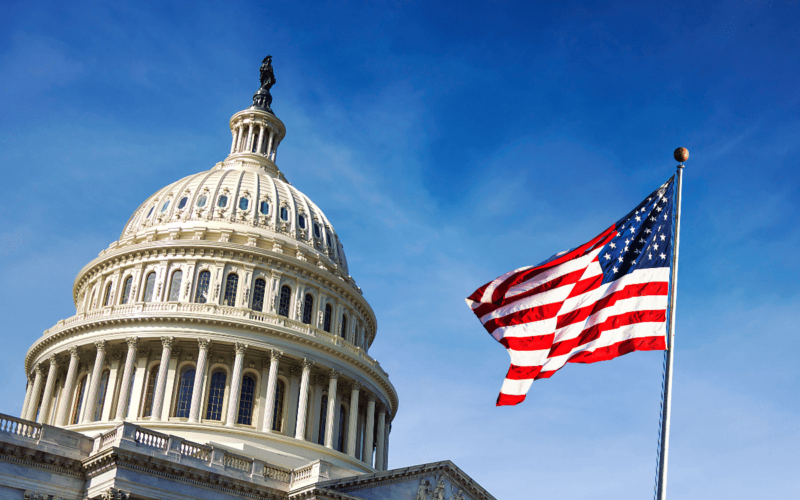Nebraska has recently introduced a bill that aims to revamp the state’s crypto and Bitcoin mining structures, licenses, and ownership. The bill, introduced by Nebraska State Senator Eliot Bostar on Jan 5th, will essentially adopt the Blockchain Basics Act within the state. This move is expected to establish new industry standards and regulations in the field.
Framework for Fundamental Rights of Bitcoin Holders
The bill is considered significant as it creates a framework that recognizes the fundamental rights of Bitcoin holders, which ultimately encourages a thriving ecosystem and preserves freedom. By re-affirming the right to self-custody of assets, the bill aims to strengthen the decentralized nature of the market. This bears even more weight with the recent institutional inflow and the potential approval of a spot ETF, providing increased legal backing to the asset class.
“In line with the provisions of the bill, it seeks to implement protection for Bitcoin users in Nebraska against harmful digital asset taxes and create a level playing field for the technology.” – [Quote Author]
However, there are differing opinions on the matter. Dennis Kelleher, the CEO of Better Markets, has argued against the approval of a spot Bitcoin ETF by the Securities and Exchange Commission (SEC). Kelleher claims that such approval goes against the core principles of the Commission and could lead to investor scams and market manipulation. The sector needs U.S. government approval for its products to ensure regulatory compliance and safeguard consumer interests.
Reshaping Bitcoin Mining and Trading Rights
One notable aspect of the bill is its potential to reshape Bitcoin mining, holding, and trading rights. Participants will now have the ability to host nodes for networks and engage in mining activities in residential buildings without requiring a license. However, mining operations for crypto businesses will still have to be conducted in industrial areas, and those involved will need to comply with community noise regulations.
- The right to run a node guarantees the decentralized nature of Bitcoin and promotes community participation.
- The bill removes political barriers that hinder the seamless integration of the top cryptocurrency into consumers’ everyday financial services.
- The Blockchain Basics Act ensures staking is not classified as a security in the state and eliminates regulations on sound pollution limits.
The introduction of this bill is seen as a significant turning point towards market-friendly regulation in the United States. In the past year, the regulatory landscape in the U.S. was plagued by unclear policies, resulting in numerous lawsuits and ongoing debates between authorities and industry executives.

















